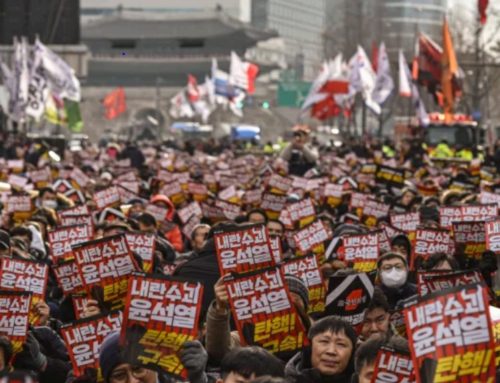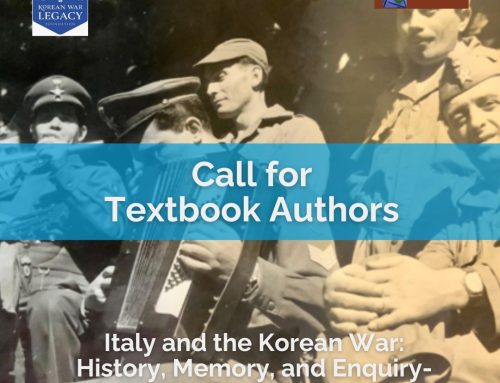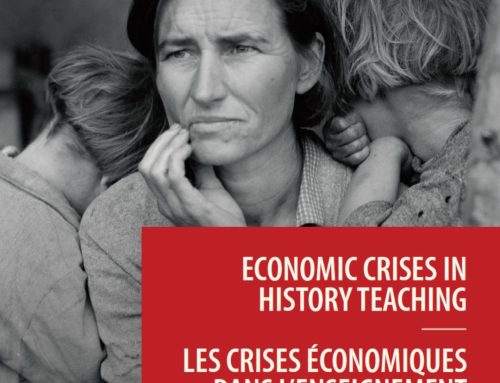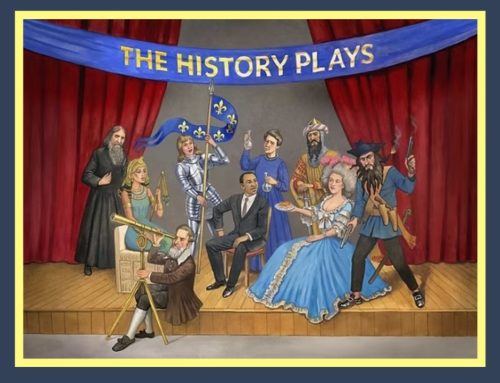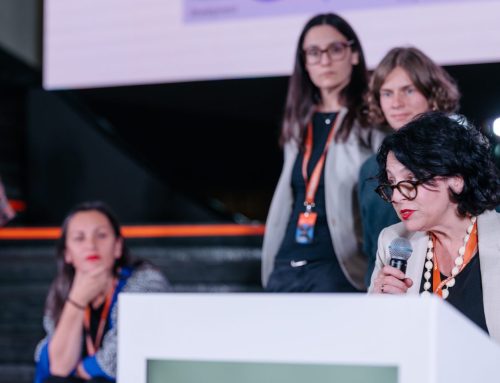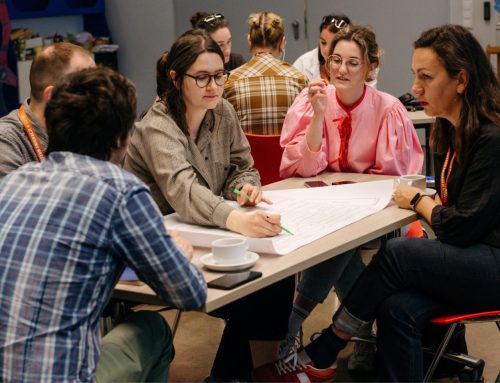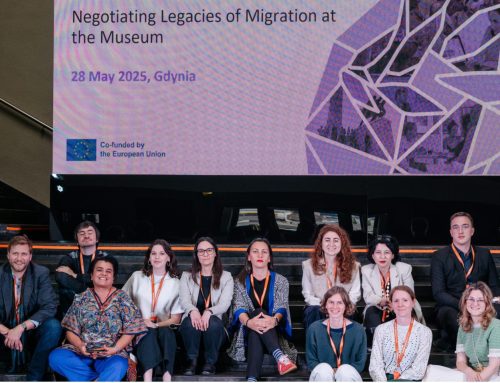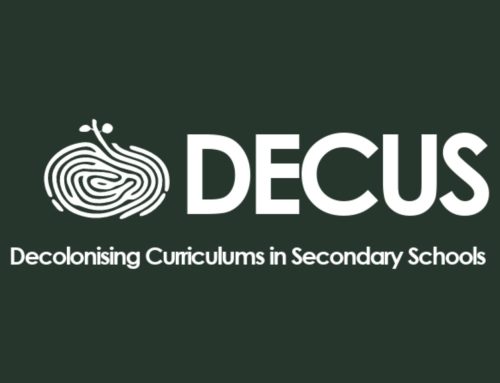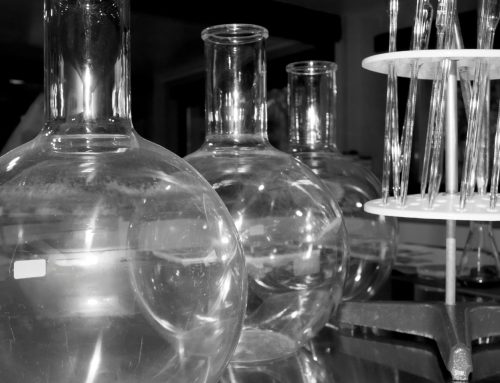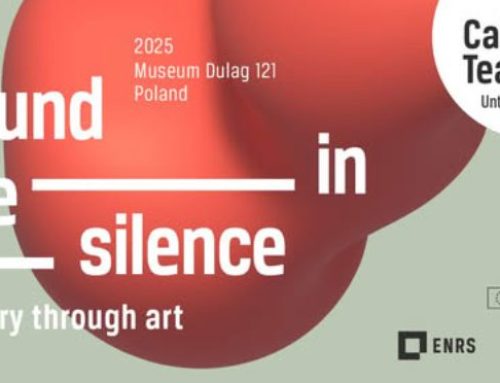What constitutes educational innovation? EuroClio is party to a great number of discussions on this question. In some cases the discussion is positioned around an issue like media literacy, while at other times it concerns inclusion. Through projects like IHEA and Strategies for Inclusion EuroClio seeks to further the dimensions of history education in these discussions.
The Council of Europe has been able in recent years to work toward an overarching design of competences, including values, attitudes, skills and knowledge, which support living together as equals in a democracy. This very important project is paralled by the 2016-2020 Council of Europe project “Educating for Diversity and Democracy. Quality History Education in the 21st Century” which seeks to identify effective practice through four regional seminars where practitioners and policy makers are brought together, and the production of guidelines on quality history education for a diverse set of audiences. EuroClio is glad to be an important partners in this project, having supported the first two regional seminars. In June 2016, in partnership with EuroClio Ambassador Mare Oja and the Estonian Association of Civic and History Educators (EAS), the first regional seminar took place in Tallinn, and in October 2016, EuroClio Members from countries all over Southern Europe took part in the 2nd Regional Seminar in Alexandroupoli in Greece.
The project will have two more regional seminars in 2017. A special session on the project will be organised in the EuroClio Annual Conference in April in Donostia-San Sebastian. For the 2018-2010 period the detailed plan of action will become clear at a later moment, but certainly EuroClio can look forward further to support it’s key objective: to position history education firmly in the wider framework of the Council of Europe and it’s 47 Member States.

